1. The Perfect Specimen
What is it about? Delve behind the scenes in our newest podcast as we take a look at some of the weird and wonderful specimens that make up our collection. Each episode, our hosts take their pick from 80 million specimens at the Natural History Museum to find the 'perfect' specimen. Their only prompt? A single word.
Which episode to start with? Start off strong with Episode 1 where Natalie and Josh have both brought specimens relating to the word 'perfect'. Listen on Spotifyopens in a new window.
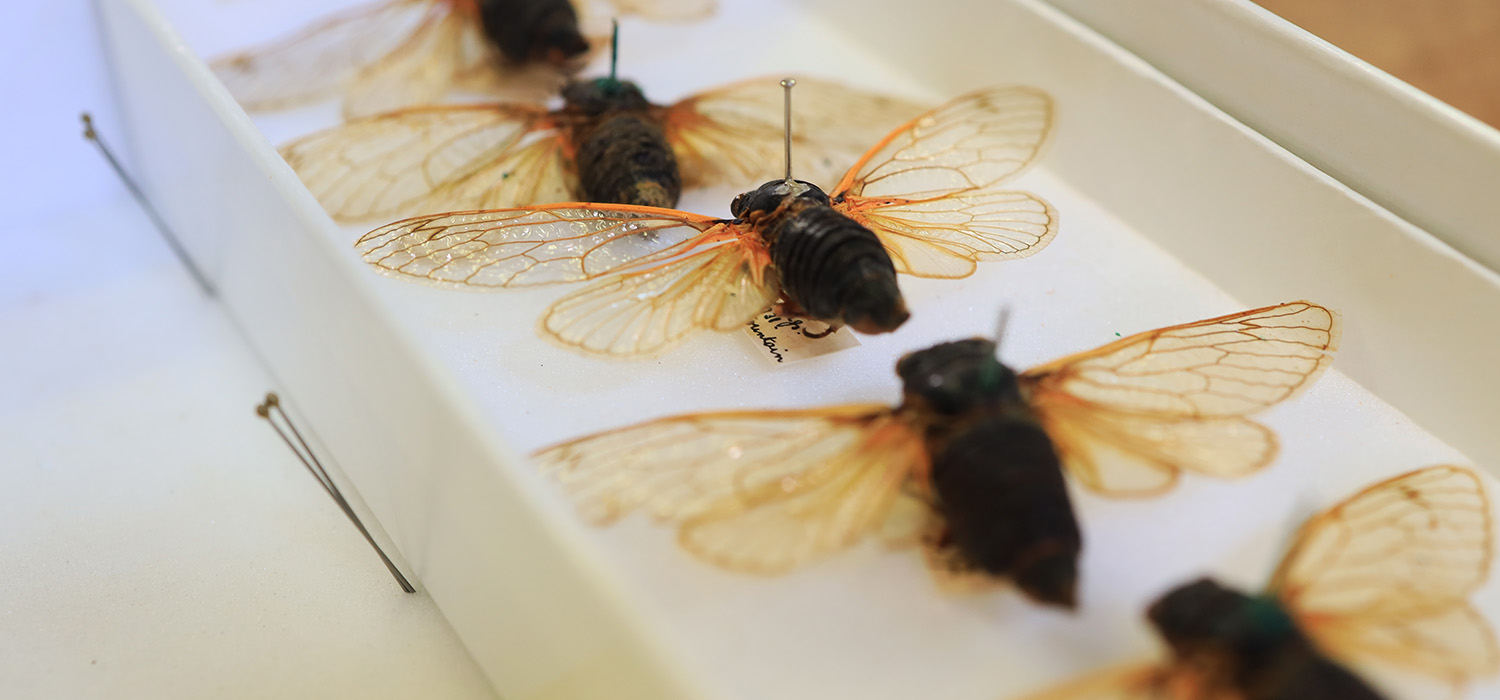


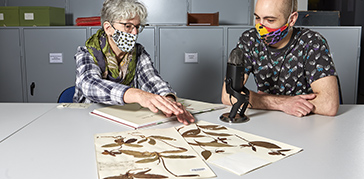
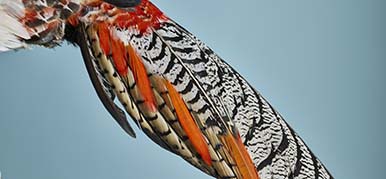
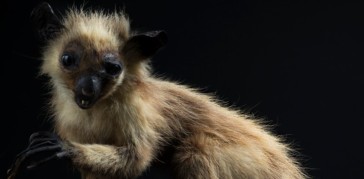
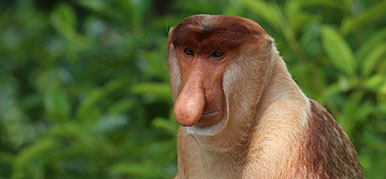
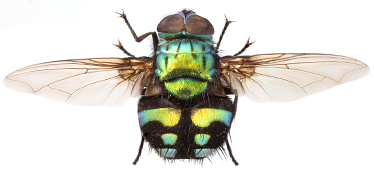
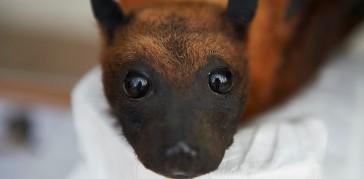
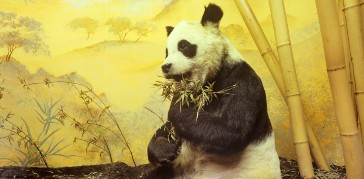

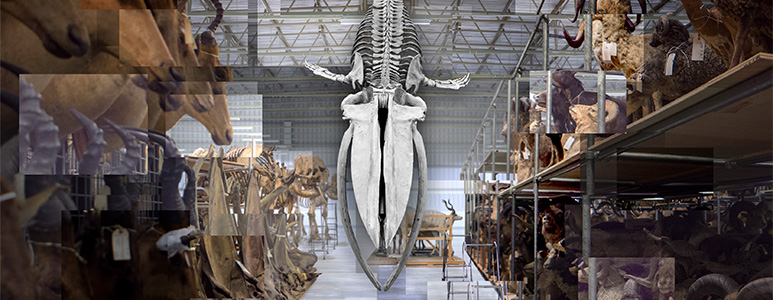
Don't miss a thing
Receive email updates about our news, science, exhibitions, events, products, services and fundraising activities. We may occasionally include third-party content from our corporate partners and other museums. We will not share your personal details with these third parties. You must be over the age of 13. Privacy notice.
Follow us on social media